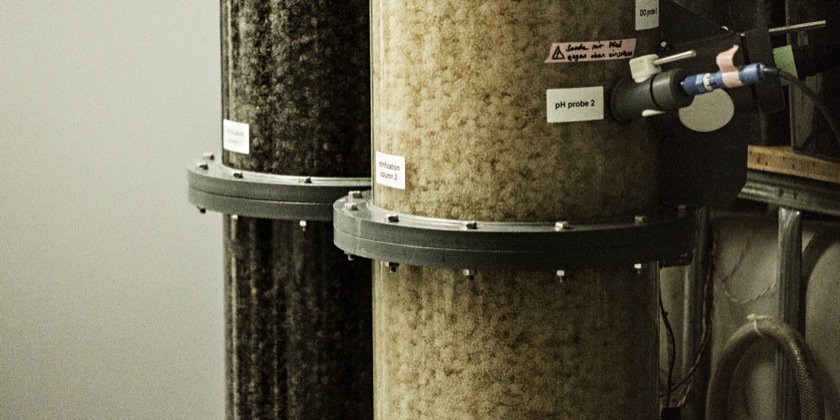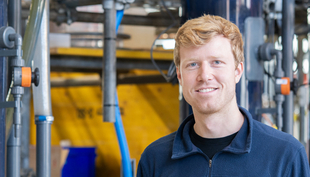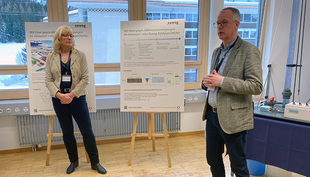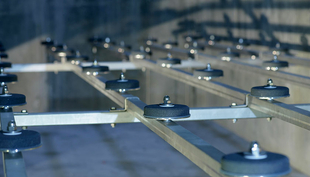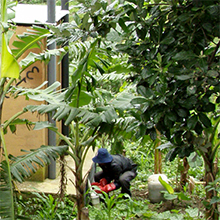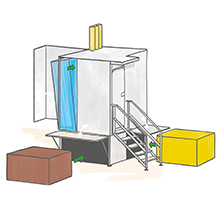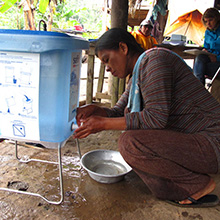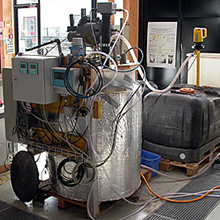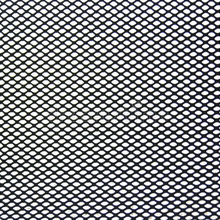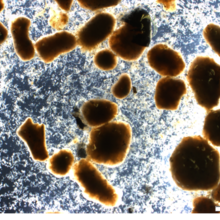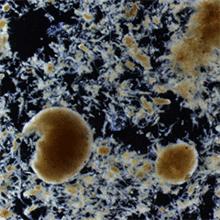Department Process Engineering
Process Engineering
The research focus of the Process Engineering Department (ENG) ranges from current and future wastewater and drinking water treatment problems, as well as water pollution control and resource reuse. Our long-term goal is to develop sustainable concepts of the water and nutrient cycle in residential areas.
News
Water Hub: new movie!
Publications
Bosshard, J., Eugster, F., Gulde, R., & Singer, H. (2024). Abwasser aus der Formulierung von Arzneimitteln. Wirkstoffeinträge in Schweizer Gewässer. Aqua & Gas, 104(3), 50-57. , Institutional Repository
Brander, A., Wunderlin, P., Gulde, R., & Böhler, M. (2024). MV-Stufen Stabil Betreiben. Hilfreiche Betriebsparameter. Aqua & Gas, 104(1), 54-61. , Institutional Repository
Endres, L. S., Jacquin, C., González-Lemos, S., Rodríguez-Rodríguez, L., Sliwinski, J., Kaushal, N., … Stoll, H. M. (2024). Climatic and cave settings influence on drip water fluorescent organic matter with implications for fluorescent laminations in stalagmites. Quaternary Research, 118, 41-61. doi:10.1017/qua.2023.41, Institutional Repository
Faust, V., Vlaeminck, S. E., Ganigué, R., & Udert, K. M. (2024). Influence of pH on urine nitrification: community shifts of ammonia-oxidizing bacteria and inhibition of nitrite-oxidizing bacteria. ACS ES&T Engineering, 4(2), 342-353. doi:10.1021/acsestengg.3c00320, Institutional Repository

